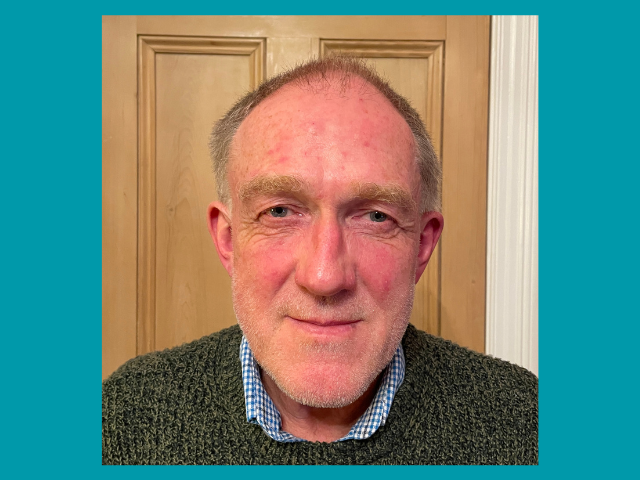
Faculty webinar - Accessing sensitive topics in genetic counselling with Angus Clarke
Trigger warning
This video contains expletive language and discussions of medical issues, including pregnancy termination, which some viewers may find distressing. Viewer discretion is advised.
There are many strategies for accessing what people think about difficult or sensitive topics. The most well known and most practised are the research interview and the questionnaire. Their advantages and disadvantages are outlined from Angus Clarke’s (rather qualitative) perspective, and other approaches that he has used in research relating to patients of the genetic counselling service will be discussed.
When approaching sensitive topics, a structured questionnaire will often have drawbacks, such as a mismatch between the wording of the question and the understanding or emotional state of the patient or family member. On the other hand, the sense of anonymity that a questionnaire conveys may be a real advantage. Interviews have the converse (dis)advantages so, if they are to be useful, the interviewer must give the research participant confidence they are being listened to and treated with respect. A remote interview, by phone or internet, may sometimes bring some of the advantages of the anonymous questionnaire. One problem of the interview, especially at the stage of analysis, can be how to manage (allow for) the potentially distorting effects of the subject’s sense of identity and their self-presentation as a responsible patient, a good citizen, a conscientious parent or spouse, brother or sister, etc. When responding to a question, what is the “repertoire of available responses” from which the interviewee has to choose?
The other approaches discussed were the audio recording of genetics clinic consultations, the use of research diaries and the recording of family discussions. As these may be less familiar to many researchers, some of the practicalities, including how best to manage the consent process, are addressed as well as their advantages and limitations.
Angus Clarke is Professor Emeritus at Cardiff University School of Medicine, having worked there since 1989. He has particular interests in the genetic counselling process and developed the Cardiff MSc course in Genetic Counselling from 2000. He engages in research and policy relating to the social and ethical issues around genetic counselling and medical genetics. He also supports several patient organisations and is involved with clinical trials for rare disorders.